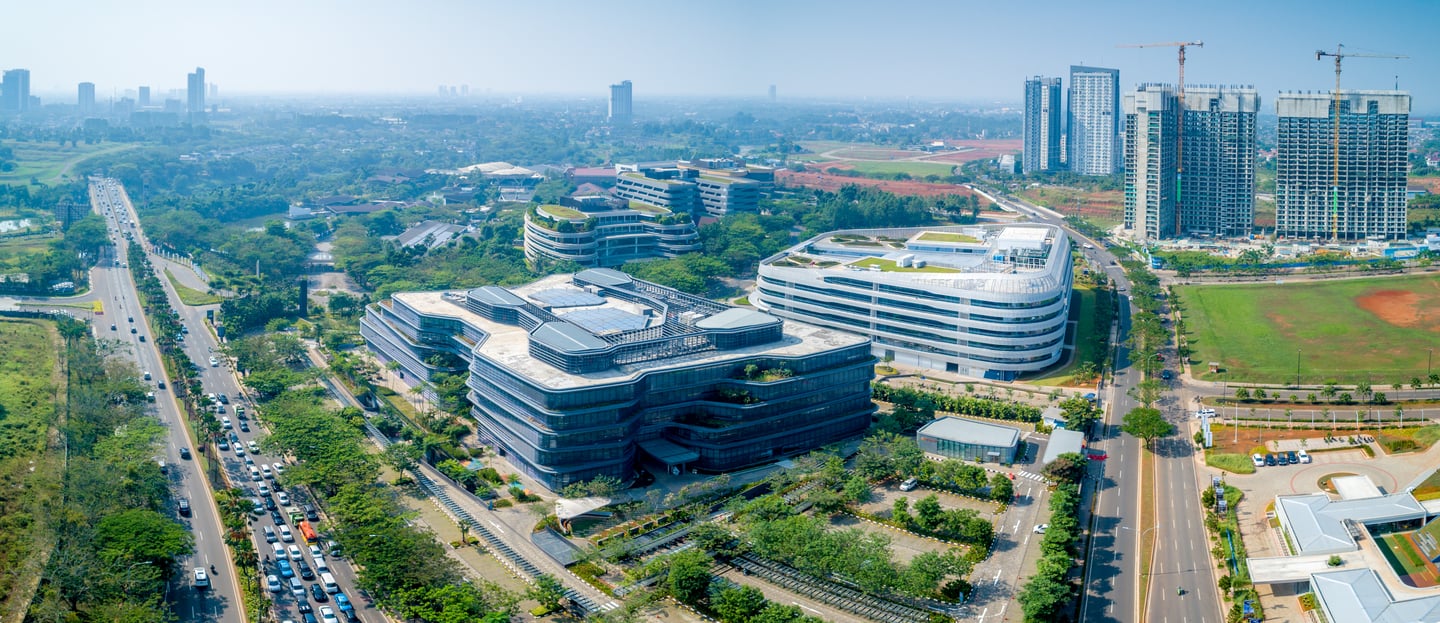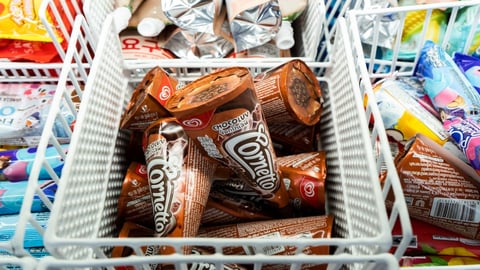Under Helm of New CEO Hein Schumacher, Will Unilever Supply Chain See Increased Digital and Sustainable Innovation?
A replacement has been in the works for months, following a massive global search process, but Unilever has finally named its new CEO: Hein Schumacher. The leadership swap could bring significant change to the company if Schumacher’s track record over the last several years is any indication.
Schumacher joins Unilever after spending over eight years with Royal FrieslandCampina, a Dutch multinational dairy cooperative, first as CFO before being promoted to CEO in 2018. As its leader, Schumacher oversaw an extensive shift toward a sustainable, tech-enabled supply chain.
Over the last year, for example, FrieslandCampina has made several strategic moves to reduce emissions and increase productivity. In March, the company merged its Dutch production and logistics facility in Rotterdam with its Maasdam location, also closing two milk powder towers in Leeuwarden. The merger is helping the company to reduce CO2 emissions in fresh-daily dairy production by 30%.
Additionally, under Schumacher’s oversight in summer of last year, FrieslandCampina partnered with Rabobank and Lely to install 96 Lely Spheres — a circular barn system that automatically separates solid manure and urine and converts nitrogen emissions into fertilizer. This is reducing nitrogen emissions up to 70%.
Other strategies have included ensuring a deforestation- and conversion-free soy supply chain in Europe, and partnering with a biotech company, Triplebar Boi Inc., to expand into a more sustainable category and scale up the production of cell-based protein using precision fermentation.
Unilever Is No Stranger to a Tech-Powered Supply Chain
As Schumacher takes on the role of CEO, he will have plenty of transformation already in progress to tap into.
The No. 4 consumer goods company has committed to eliminating deforestation within its supply chain by 2023. As part of this strategy, Unilever has invested in palm oil traceability tech that can both capture commodity info — including the conditions in which they’re produced and the levels of biodiversity in the area — and pass the details through the supply chain and at scale.
Unilever has tapped into various key technologies over the last year in its goal toward increased sustainability and automation — among them are digital twins, artificial intelligence, satellite imaging, and geolocation. The company says it garners a 360-degree view of its supply chain by combining nearly 40 years of continuous satellite imagery, along with data storage and machine learning, to monitor mills, landscapes, and farms.
According to Andrew Wilcox, Unilever senior manager, sustainable sourcing and digital programs, the company is looking to make sustainability data — and the tech it uses to gather and analyze it — more accessible, inclusive, easy to adopt, and easily scalable.
“As our data ecosystem is updated and becomes richer, we get an increasingly clearer idea of the finer details of our sourcing supply chain and actions we can take to help protect and regenerate nature,” Wilcox told CGT in an interview last year.
To support its digital initiatives, the company has moved almost its entire business to the cloud. Additionally, these changes are all part of Unilever’s long-term plan, which prompted a restructuring of the organization into five business groups earlier last year.
“I am delighted to have been appointed to lead Unilever. It is a business with an impressive global footprint, a strong brand portfolio, a talented team, and an enviable reputation as a leader in sustainability,” said Schumacher. “I will be very focused on working with the Unilever team to deliver a step-up in business performance, as we serve the billions of people around the world who use its products every day.”
Transferring Leadership
Schumacher, who took on the role of non-executive director at Unilever this past October, is leading the charge beginning July 1, following a one-month handover period with Alan Jope, who has stepped down.
He brings an impressive lineup of skills having worked across retail and finance, including for H.J. Heinz leading strategy across the U.S., Europe, and Asia. Schumacher began his career in finance at Unilever.
In a statement, Unilever chairman Nils Andersen said Schumacher is a “dynamic, values-driven business leader who has a diverse background of experiences and an excellent track record of delivery in the global consumer goods industry. He has exceptional strategic capabilities, proven operational effectiveness, and strong experience in both developed and developing markets.”






